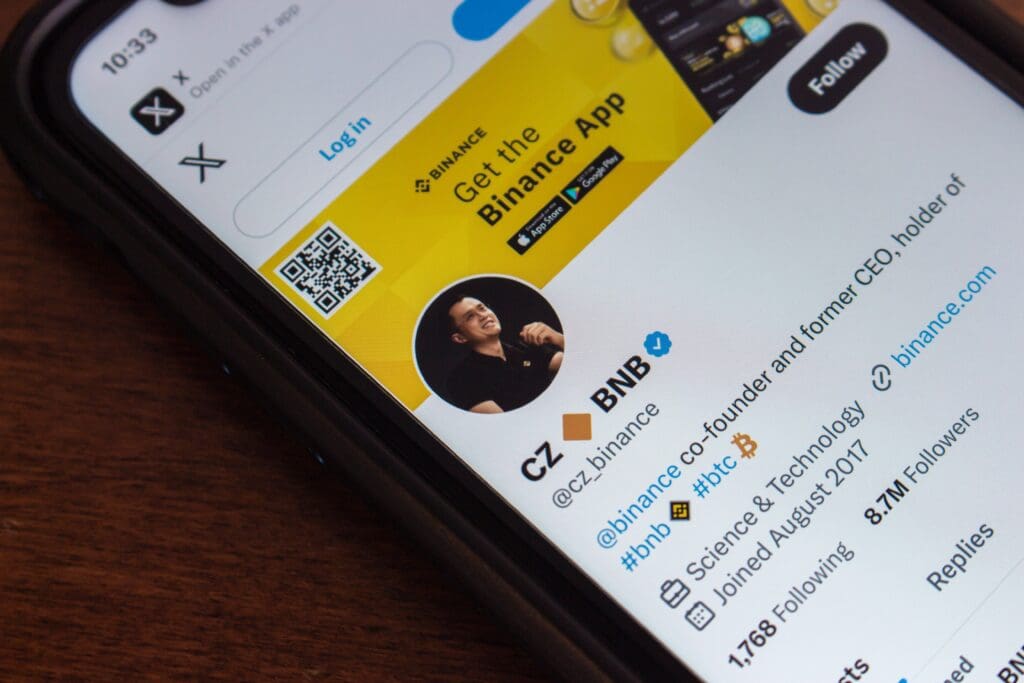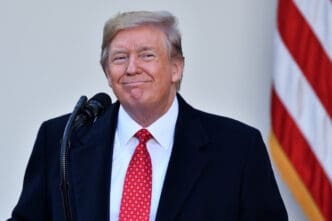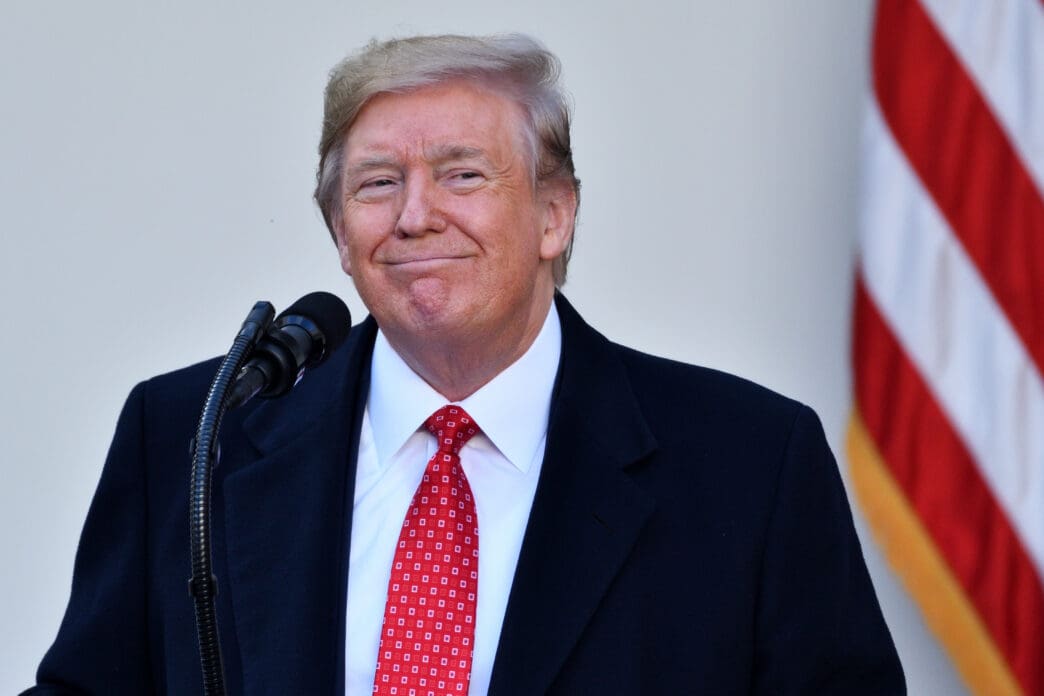Executive Summary
- President Donald Trump pardoned Changpeng “CZ” Zhao, founder and former CEO of Binance, who had pleaded guilty to failing to maintain an effective anti-money laundering program.
- The pardon has ignited accusations of a “pay-to-pardon scheme” from critics, citing growing financial ties between Trump’s family, his crypto ventures, and Binance.
- Zhao’s pardon is consistent with Trump’s history of granting clemency to white-collar defendants, particularly those connected to the crypto world or his political campaigns.
The Story So Far
- President Donald Trump’s pardon of Binance founder Changpeng “CZ” Zhao, who pleaded guilty in 2023 to failing to maintain an effective anti-money laundering program, comes amid Trump’s significant and growing personal financial involvement in the cryptocurrency industry. This decision has drawn widespread criticism and allegations of a “pay-to-pardon scheme,” given the close financial ties between the Trump family’s crypto platform, World Liberty Financial, and Binance, and Trump’s history of granting clemency to white-collar defendants connected to crypto or his political campaigns.
Why This Matters
- President Trump’s pardon of Changpeng Zhao, founder of Binance, is drawing significant criticism for potential conflicts of interest, given Trump’s expanding financial involvement in the crypto industry and his family’s business ties to Binance. This decision not only raises concerns about the integrity of regulatory enforcement but also risks reinforcing the crypto industry’s historical association with fraud, potentially undermining its efforts for mainstream acceptance.
Who Thinks What?
- President Donald Trump justified the pardon of Changpeng “CZ” Zhao by stating that Zhao’s case was “overly prosecuted” by the Biden administration, that his actions were “not even a crime,” and that he was “persecuted,” granting it at the request of “very good people.”
- Critics, including Democrats, some Republicans, and figures like Robert Reich and Joe Lonsdale, view the pardon as inappropriate and a “pay-to-pardon scheme,” citing significant conflicts of interest due to Trump’s expanding financial ties to the cryptocurrency industry and connections between his family’s crypto platform and Binance.
President Donald Trump issued a pardon this week to Changpeng “CZ” Zhao, the founder and former CEO of the cryptocurrency exchange Binance. Zhao had pleaded guilty in 2023 to failing to maintain an effective anti-money laundering program, leading to a four-month prison sentence. The White House stated that his case was “overly prosecuted” by the Biden administration, a decision that has drawn criticism regarding potential conflicts of interest related to Trump’s expanding crypto ventures.
Zhao’s conviction stemmed from a years-long investigation that found Binance allowed illicit transactions, including those related to child sex abuse, narcotics trafficking, and terrorist financing. Both Zhao and Binance pleaded guilty in what was described as one of the largest corporate settlements with federal authorities in U.S. history. His pardon is anticipated to facilitate Binance’s potential return to operating within the United States.

Defending his decision, Trump told CNN that he was advised Zhao’s actions were “not even a crime” and that he was “persecuted by the Biden administration.” Trump indicated that the pardon was granted “at the request of a lot of very good people,” despite stating he did not know Zhao personally.
Allegations of Conflict of Interest
The pardon has ignited accusations of a “pay-to-pardon scheme” from critics, who highlight the growing financial ties between Trump’s family and the cryptocurrency industry. Trump, who once expressed skepticism about digital assets, has become a significant figure in the crypto space, reportedly amassing over $5 billion in paper gains from various crypto projects.
Connections between the Trump family’s crypto platform, World Liberty Financial, and Binance have been a focal point of concern. Binance hosts World Liberty Financial and has been instrumental in the growth of its dollar-pegged token, USD1. Earlier this year, while Zhao was reportedly seeking a pardon, Binance accepted a $2 billion investment from an Emirati-backed firm using USD1, which benefited World Liberty Financial.
Democrats and some Republicans have deemed the pardon inappropriate, citing the close links between Binance, Zhao, and the Trump family’s business interests. Former Labor Secretary Robert Reich commented on X that it represents “the latest example of Trump’s Pay-to-Pardon Scheme.” Tech entrepreneur Joe Lonsdale also criticized the decision on X, suggesting Trump was “terribly advised” and that it “makes it look like massive fraud is happening around him in this area.”
Precedent in White-Collar Pardons
Zhao’s pardon is not an isolated incident in Trump’s history of granting clemency to white-collar defendants, particularly those connected to the crypto world or his political campaigns. Justin Sun, a Chinese crypto billionaire who invested significantly in World Liberty Financial, saw civil fraud charges against him dropped by the Securities and Exchange Commission earlier this year after pouring millions into Trump’s crypto ventures.
Other notable pardons include Ross Ulbricht, the creator of the Silk Road marketplace, a figure celebrated in libertarian crypto circles, and Trevor Milton, founder of Nikola, who had donated over $1.8 million to a Trump re-election campaign fund. These actions have fueled unease among some crypto advocates, who worry they reinforce the industry’s historical association with fraud, even as many strive to bring digital assets into the financial mainstream.
The pardon of Changpeng Zhao underscores a complex interplay between political power, cryptocurrency, and regulatory enforcement. While the administration maintains the pardon addresses an “overly prosecuted” case, critics continue to raise questions about the ethical implications of such decisions amid the President’s personal financial involvement in the crypto sector.








